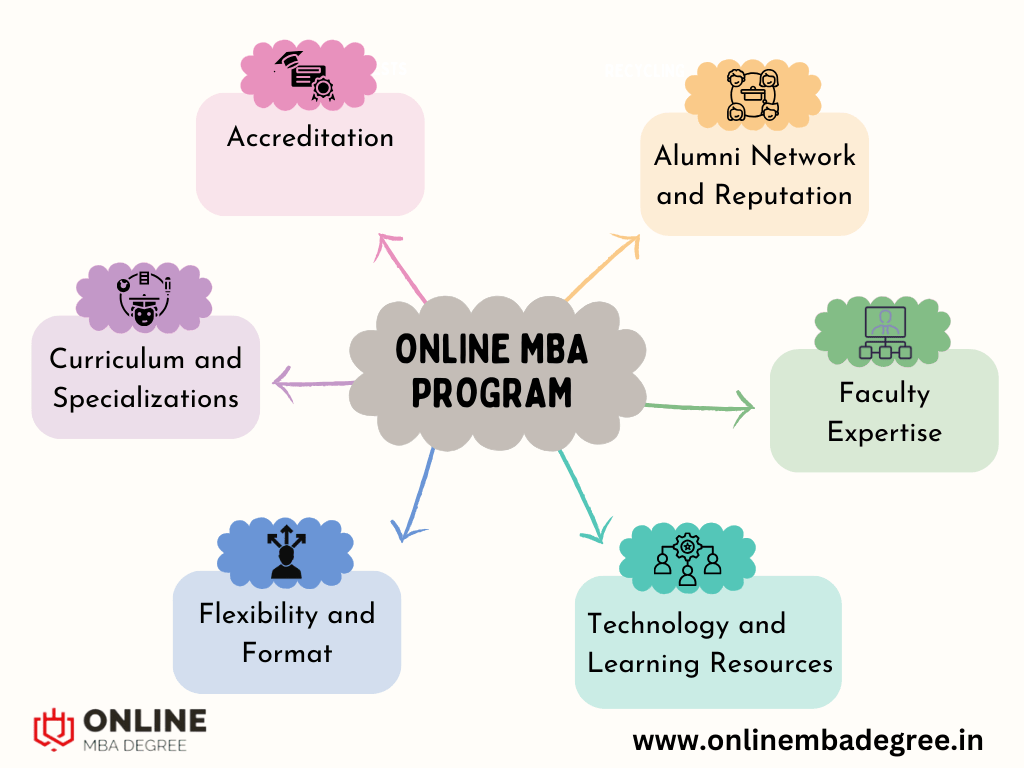UGC Announces Admissions in Two Academic Session 1st Batch(July/August) . 2nd Batch (January/February)
Get an Online MBA Degree by NAAC A++ Accredited Universities
Globally Recognised Universities
As per Govt. Online MBA Degree are Now Equivalent to Regular Degrees
Hurry Up! Admission Closing Soon. Only Few Seats Left. Enroll Now!
ODL & Online MBA Programs are Equivalent to Regular (Campus) Programs - To know more
UGC Announces Admissions in Two Academic Session 1st Batch(July/August) . 2nd Batch (January/February)
Get an Online MBA Degree by NAAC A++ Accredited Universities
Globally Recognised Universities
As per Govt. Online MBA Degree are Now Equivalent to Regular Degrees
Hurry Up! Admission Closing Soon. Only Few Seats Left. Enroll Now!
ODL & Online MBA Programs are Equivalent to Regular (Campus) Programs - To know more

Machine Learning Course Syllabus Online for Beginners
Machine learning is something which is really trending and is at the front foot of modern technology; hence, we are talking about the topic, machine learning course syllabus online, today. For those individuals and people who are really interested in this topic of machine learning, a clear in-depth view into the machine learning course online is a valuable step. We have arrived at a time where technology is upgrading everyday and bringing out new exciting topics every now and then.
Here, we want to break down all the necessary and essential segments and components that a machine learning syllabus involves.
What Exactly is Machine Learning Course?
Machine learning is a subpart of artificial intelligence (AI) whose main focus is on the development of algorithms and statistical models that enable computers to execute and perform procedures without explicit instructions and orders, depending on patterns and inference instead. In short, it can be said that it is a technique of information analysis which automates analytical and model building.
The main and foremost goal of machine learning is to allow computers to learn from data/information and enhance/improve their performance with time while being explicitly programmed to do so. This can be done and achieved with the help and assistance of different kinds of methods/algorithms which enable computers to recognize various patterns and relationships within the information/data and also make predictions or decisions based on that data.

The different types of machine learning which can normally be seen are Supervised Learning, Unsupervised Learning, Semi-supervised Learning, and Reinforcement Learning, in general.
This segment will talk about the basics and fundamentals of machine learning, which will involve its definition, how it is applied, and how its different algorithms work in reality. Learners get to know about supervised and unsupervised learning and also about reinforcement learning methods/techniques. Basically, we want to dive into the machine learning syllabus more extensively.
Data Preprocessing
Data preprocessing is vital for machine learning-involved individuals. Here, learners get a sneak-peek into methods for cleaning, transforming, and normalizing raw data to turn it into more conductive data for the purpose of model training. Topics of discussion may involve data cleaning techniques and methods, managing missing values, and assessing categorical variables.
Regression Analysis
Regression analysis is a segment of supervised learning and one of the most important concepts of machine learning syllabus, which is introduced to students for prediction of continuous outcomes in terms of input features. Students learn about different kinds of regression techniques like linear regression, polynomial regression, and logistic regression, also including model evaluation and coefficient interpretation.
Classification Algorithms
Classification algorithms are necessary in categorizing data/information or in predicting predefined outcomes. Learners get to explore decision trees, random forests, support vector machines, and k-nearest neighbors, which help them gain ideas and opinions about algorithm selection and practical applications.
Clustering Techniques
Clustering is one of the unsupervised learning techniques, which assists in identifying different patterns and also in grouping same information points. Students get to know about algorithms such as k-means clustering and hierarchical clustering, and learn how to apply them to dataset clustering and result interpretation tasks.
Dimensionality Decreasing
Dimensionality decreasing techniques streamline datasets with the method of preserving pertinent data while feature counts. Learners get to know about methods like principal component analysis (PCA) and t-distributed stochastic neighbor embedding (t-SNE), and also about evaluation of trade-offs between dimensionality and information retention.
Model Evaluation and Validation
Model evaluation and validation are very vital for the management of performance and generalization. Learners learn about evaluation metrics such as accuracy, precision, recall, F1 score, cross-validation, hyperparameter tuning, and last but the least model selection methods.
Advanced Topics in Machine Learning

This part of the article dives deep into the cutting-edge advancements like ensemble learning, deep learning, natural language processing
(NLP), computer vision, reinforcement learning, etc. and many other important sections. Practical examples and illustrations help the students to get a better understanding of the advanced techniques in real-world cases.
Hands-On Projects and Case Studies
This whole course of machine learning involves hands-on projects and case studies which deepen understanding and application of all the techniques. Learners have to handle and tackle modeling, dataset analysis, problem-solving tasks with the help of programming languages like Python, R, etc. Collaborating with other students and the feedback they get help them enhance the students’ learning experiences.
Conclusion
The Online mba in machine learning course acts as a simplified and structured format for acquiring knowledge and information and achieving proficiency in this exquisite field. When the learners master the core concepts, algorithms, and methodologies that are outlined in the machine learning course syllabus, the students are able to gain competence to handle and tackle machine learning complexities and challenges and help them contribute to technological improvements and advancements.
It does not matter if you are a novice or a seasoned enthusiast; when you will understand the machine learning course online syllabus, it will mark the initial stride towards starting on an exquisite journey of exploration, innovation, and also mastery in the amazing realm of machine learning.
GET FREE COUNSELING
Free Counselling
LATEST POST












